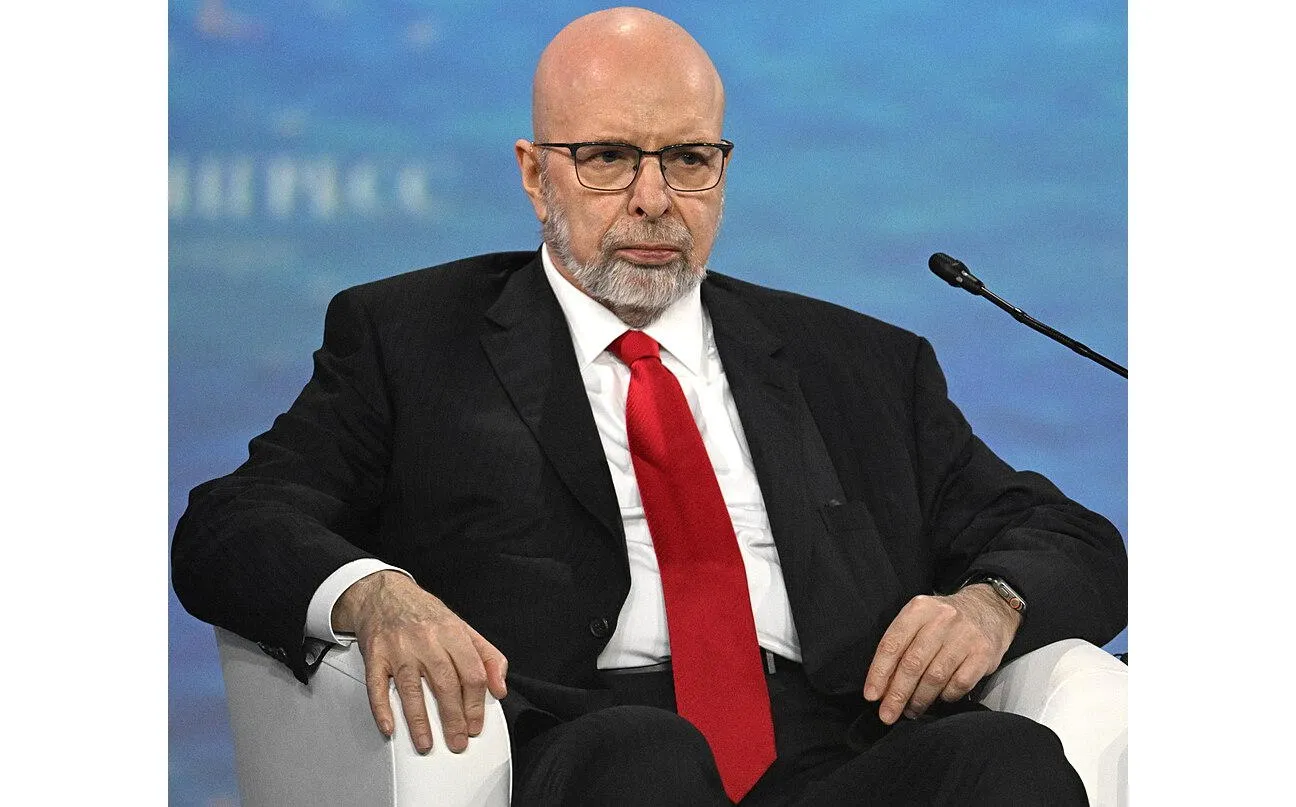Tensions between India and Pakistan are escalating, following an April 22 terrorist attack near Pahalgam in Indian-controlled Kashmir that killed 26 people. The attack is being described as the deadliest in Jammu & Kashmir since the year 2000.
In response to the attack, India unveiled a raft of punitive diplomatic measures against Pakistan on April 23, suspending the 1960 Indus Waters Treaty, downgrading bilateral ties, and shutting down the Attari/Wagah border crossing, reported the Hindustan Times. New Delhi’s retaliatory measures were decided at a meeting of the Cabinet Committee on Security (CCS) chaired by Prime Minister Narendra Modi. “It [CCS] resolved that the perpetrators of the attack will be brought to justice and their sponsors held to account,” said Indian Foreign Secretary Vikram Misri.
More measures could follow, an eventuality hinted at by Union Defense Minister Rajnath Singh, who said that India will not only hunt down the people who perpetrated the attack, but will also trace those “sitting behind the scenes” who conspired to carry out the strike, a reference to possible military action. Misri said CCS directed all forces to maintain “high vigil.” He didn’t explicitly name Pakistan as behind the Pahalgam attack, but otherwise made clear that New Delhi had concluded that there was Pakistani involvement in it.
The Pakistani response has been to express regrets and condolences over the attack, which Pakistani authorities describe as a false-flag operation, while accusing India of over-reach in blaming Pakistan. Deputy Prime Minister and Foreign Minister Ishaq Dar on April 24 challenged India to present evidence, if it had any, of Pakistan’s alleged involvement in the attack, following a meeting of the National Security Committee. “India has time and again played the blame game and if there is proof of Pakistan’s involvement [in Pahalgam], please share it with us and the world,” he said, reported Pakistan e-daily Dawn](https://www.dawn.com/news/1906315/pahalgam-attack-fm-dar-throws-down-gauntlet-to-india-asks-for-evidence-of-allegations-against-pakistan).
Dar, instead, laid the blame entirely on India, which he accused of importing terrorism into Pakistan. Pakistani intelligence agencies, he claimed, had noted the arrival of some “foreign nationals” in Srinagar. “We know that Indian intelligence is supporting them and the foreigners are trying to export IEDs (improvised explosive devices). You can imagine where they are trying to export them,” he said, adding that Pakistan’s armed forces were ready to respond to any challenge. “We are prepared in regard to defense. If anyone tries to attempt any adventure, then they’ve tried in the past as well [and failed] so this time around it will be even worse for them.”
A statement issued by the Prime Minister’s office in Islamabad asserted that “India’s worn-out narrative of victimhood cannot obfuscate its own culpability in fomenting terrorism on Pakistan’s soil, nor can it distract attention from its systematic and state sponsored oppression and human rights violations in IIOJK (Illegally Occupied Jammu and Kashmir).” Among other things, the statement rejects the Indian announcement suspending the Indus Waters Treaty, and warns that any attempt by India to divert the flow of water belonging to Pakistan will be regarded as an act of war “and responded with full force across the complete spectrum of National Power.”
The statement also announced, among other measures, that Pakistan will hold all bilateral agreements with India in abeyance; suspend all visas issued under the SAARC Visa Exemption Scheme (SVES) issued to Indian nationals, who now have 48 hours to leave Pakistan (a mirror image of visa action taken by India); close Pakistan’s airspace to all Indian commercial aviation; and suspend all bilateral trade with India.



